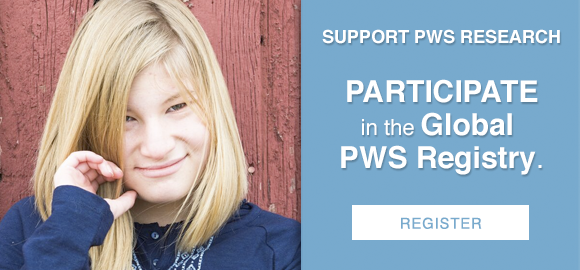The core features of Prader-Willi syndrome (PWS) are well known: challenges with the hypothalamus, low muscle tone, hyperphagia, behavioral issues, and a lifelong risk of obesity and related complications. Thanks to earlier diagnosis, improved clinical care, and dedicated lifestyle interventions, individuals with PWS are now living longer than ever before.
With this encouraging shift comes an important question: Does living longer change the risk for age-related diseases, such as cancer?

Why Cancer Risk Has Been Hard to Study in PWS
Until recently, very little was known about malignancies in people with PWS. Several factors contributed to this knowledge gap. Older individuals with PWS have historically been underrepresented in research, some studies relied solely on questionnaires, and diagnosing cancer in individuals with complex medical needs can be challenging.
To address these gaps, researchers in the INfoRMEd-PWS network, an international group of PWS experts, set out to conduct one of the most comprehensive investigations to date.
What This Study Looked At
The team analyzed data from 706 individuals with PWS—160 children and 546 adults—from six countries: the Netherlands, the United Kingdom, France, Spain, Italy, and Australia. They collected detailed information about each participant, including:
- Any past or current malignancies
- Use of hormones such as growth hormone or sex steroids
- Cancer-related risk factors (family history, diabetes, alcohol or tobacco use, BMI)
- Demographic and medical background
This broad dataset allowed researchers to look for patterns that smaller studies have previously missed.
What the Researchers Found
The results were encouraging. Out of all 706 participants, only seven individuals—less than one percent—had ever been diagnosed with a malignancy. These included four adult males and three adult females.
Just as important, the researchers found no relationship between cancer risk and factors such as gender, country, hormone treatment, weight, family history, or the presence of type 2 diabetes. The occurrence of malignancies rose with age, which mirrors what happens in the general population. And notably, each of the seven individuals had a different type of cancer, with no indication that people with PWS are predisposed to a particular malignancy.
Read the full results of this research in the publication: Malignancies in Prader-Willi Syndrome: Results From a Large International Cohort and Literature Review
How These Findings Compare to Global PWS Registry Data
The Global PWS Registry tells a similar story. Among 1,146 respondents, there were only nine reports of cancer, again under one percent. And just like in the INfoRMEd study, no single cancer type appeared repeatedly—except for two cases of skin cancer, with all others being unique.
This finding is also confirmed by a group of researchers in Sweden who did not find a higher overall frequency of cancer in their PWS population versus the age-matched group of non-PWS individuals. Therefore, across countries, registries, and research teams, the message is consistent: cancer does not appear to occur more frequently in individuals with PWS than in the general population.
A Reassuring Outlook—with One Important Recommendation
The collective data from international studies and the Global PWS Registry offer reassuring news: individuals with PWS do not appear to be at higher risk for cancer overall.
However, because obesity is associated with increased cancer risk in all people, the researchers recommend that adults with PWS fully participate in national cancer screening programs, including:
- Breast cancer screening
- Colon cancer screening
As individuals with PWS continue to live longer and healthier lives, proactive preventive care is an important part of supporting their long-term well-being. You can help researchers continue uncovering insights like these by joining the Global PWS Registry—every family’s experience strengthens our understanding and moves the field forward.








